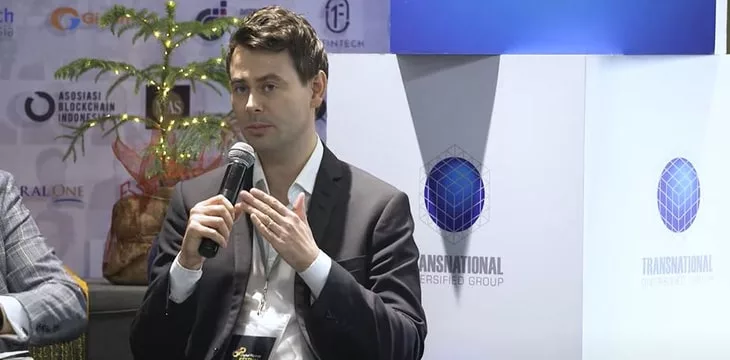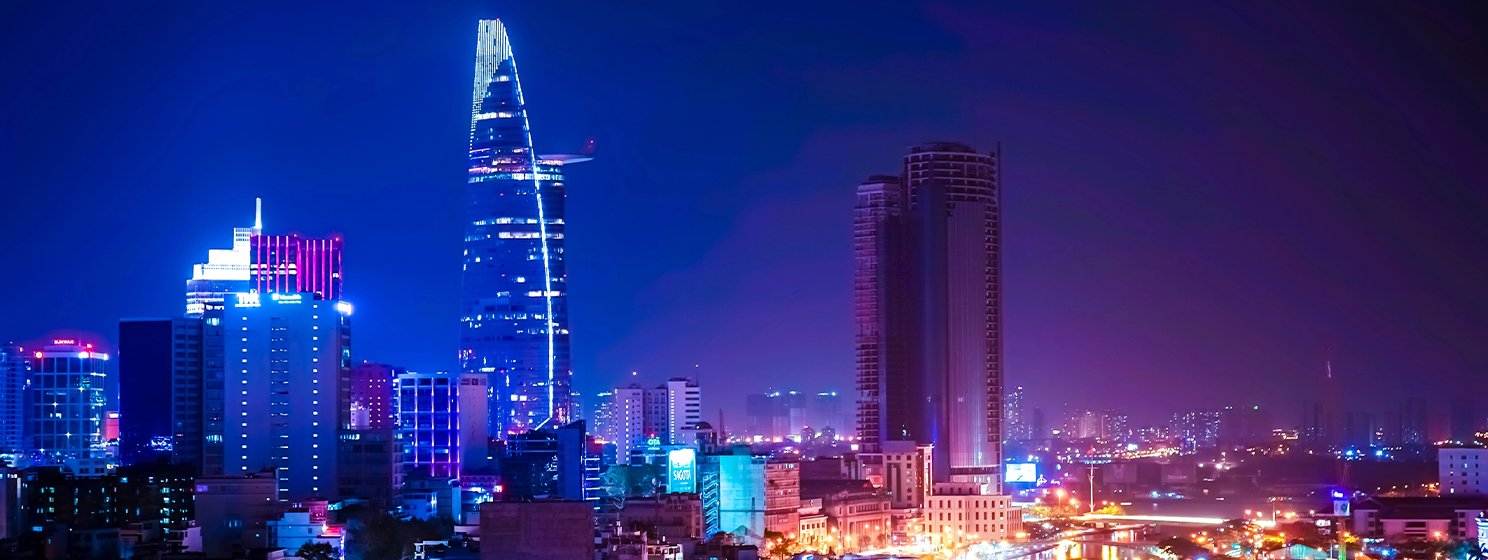|
Getting your Trinity Audio player ready...
|
With a dense population of over 119 million, the Philippines ranks sixth in the Climate Change Performance Index 2024 (CCPI)—a tool used to see transparency in international climate change policy. Although the Southeast Asian country performs well compared to other countries surveyed by the CCPI, experts still doubt the Philippines’ National Determined Contribution (NDC) over its lack of a long-term plan to reduce carbon emissions.
At the Digital Pilipinas 2023, six experts in sustainability, finance, and carbon credits gathered to discuss the possible solutions in coping with this field, moderated by Sarah Queblatin, Regenerative Design co-strategist at Global Ecovillage Network.
Difficulty in scaling carbon credits
Opening the discussion, Pocholo Espina, CEO of SIP.PH says that one of the challenges in sustainability is in scaling the business and subsequently raising funds in the sector.
“Most businesses that you get that you could scale [here in the Philippines] are those in the B2B space,” Espina said.
“B2B space entails deep relationships with existing clients that you might have. But as someone in the entrepreneurial space, how do we make that more accessible for individuals to start these types of capital-intensive businesses out of nothing?” he asked.
UNISOT’s CFO Torje Vingen Sunde thinks that data sharing is the best solution to scaling sustainability projects. With the use of a digital product passport made possible by UNISOT, verifying and trusting data is easier.
“This passport follows a product; now, when the product is going through the supply chain, every actor can add data to that product. Here we gave the opportunities to do good accounting, for example, carbon emissions—and this is very scalable,” he explained.
As for Pi Energy Incorporated’s Senior Manager – Business Development Derrick Tolentino, who joined the discussions online, one factor affecting this is that entrepreneurs don’t consider the environment when planning their business’s future. “[They don’t] consider sustainability and governance in [their] plans,” he said.
“I think businesses should be prepared to include the impact of ESG in their business…With regards to funding [their] operation and consumption of energy, it’s not anymore choosing the lowest cost, but really choosing what would be the lowest impact on the environment. And I think businesses should be able to factor that in and source or power up their operation using renewable energy. By considering the impact of the environment in your operations, you become better prepared; you’re ready for the future.”
Addressing disaster and climate financing
A report by the Guardian, Oxfam, and the Stockholm Environment Institute in 2023 noted that the “1% top wealthiest people worldwide” contribute to 16% of the world’s carbon emissions, contributing as much carbon pollution as the poorest country.
Per Radu Tatucu, senior financial sector specialist and financial sector lead at the World Bank, this data speaks to the “huge climate inequality” happening not only in the Philippines but worldwide.
“A billionaire in one year produces more [carbon emissions] than an average person in 1,500 years, right? So clearly, there is a lot of climate inequality,” he pointed out.
Tatucu shared some options to solve this problem, like looking into blended finance, mobilizing more funds in the green space, and supporting private capital mobilization.
“Essentially, you want to crowd in private sector money as well to meet that big climate finance…I mean, public capital available out there is insufficient, and the only way to actually reduce that gap, if not to close it, or at least reduce it, is to bring the private sector and bring in institutional investors,” Tatucu said.
Summarizing the panel discussion, Tatucu had this to say:
“At the end of the day, it is this little blue dot, as we call Earth, that we all inhabit. Unless we come together and try to mitigate all these negative impacts that we created as a society by the next ten, 20, 30 years at most, our kids and grandkids, by 20, 70, 20, 100, will not have a very great future.”
To learn more, follow our Day 1 and Day 2 recaps about the Digital Pilipinas Festival 2023’s topics on the startup economy, the Halal industry, and cybersecurity.

 02-17-2026
02-17-2026 




